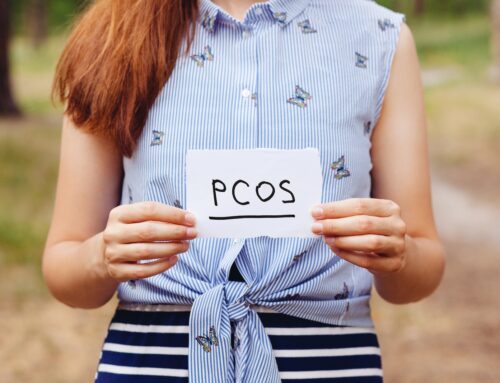Understanding the legal aspects of egg donation
July 14, 2025
At Chosen Egg Bank, we believe that building a family should be an empowering, informed, and seamless experience. Part of creating that experience means helping intended parents and egg donors navigate every aspect of the process — including the legal landscape.
Egg donation is not just a medical and emotional journey; it’s also a legal one. Understanding the legal framework around egg donation is essential to protecting the rights and responsibilities of everyone involved. Here’s what you need to know.

Legal agreements: protecting everyone involved
Before a donor cycle begins, both intended parents and egg donors must sign a legal agreement. This contract clearly outlines the terms of the donation, including:
- Parental rights: Confirming that the donor has no legal claim to any resulting child.
- Compensation: Detailing the amount and timing of the donor’s compensation.
- Anonymity or disclosure: Specifying whether identifying information will be shared.
- Future contact (if any): Outlining whether the donor and family will have any communication in the future.
These agreements are crucial. They provide peace of mind and legal clarity for all parties and are crafted with the help of experienced reproductive attorneys.
State-by-state variations
One of the unique aspects of egg donation in the U.S. is that laws can vary widely from state to state. Some states have more robust legislation around assisted reproductive technology (ART), while others have limited or outdated legal frameworks.
That’s why Chosen Egg Bank works with a trusted network of legal professionals who specialize in fertility law. We ensure our families and donors receive region-specific guidance to stay compliant and protected.

Anonymous vs. known egg donors
Whether an egg donation is anonymous or known can influence the legal process. Anonymous donations tend to have more straightforward legal structures, while known donations (when the donor and intended parents know each other) may require more complex agreements.
At Chosen Egg Bank, we accommodate both types of donations. No matter the arrangement, we emphasize transparency, respect, and legal security.
International considerations
For intended parents outside the U.S., understanding the legal implications in their home country is also important. While we provide support and resources, we always recommend that international clients consult with local legal professionals in addition to the U.S.-based counsel we provide access to.
Why legal guidance matters
Navigating egg donation without legal counsel is never advised. From establishing parental rights to managing sensitive agreements around identity and compensation, reproductive law is intricate and highly specialized.
At Chosen Egg Bank, your peace of mind is our priority. We ensure you are matched with expert legal professionals who will guide you every step of the way. We believe that every child born through egg donation is a gift — and that journey deserves the greatest care. Our team is here to ensure that legal questions don’t become roadblocks but stepping stones on your path to parenthood.
Learn more about how Chosen Egg Bank can support your family-building journey by visiting choseneggbank.com.






